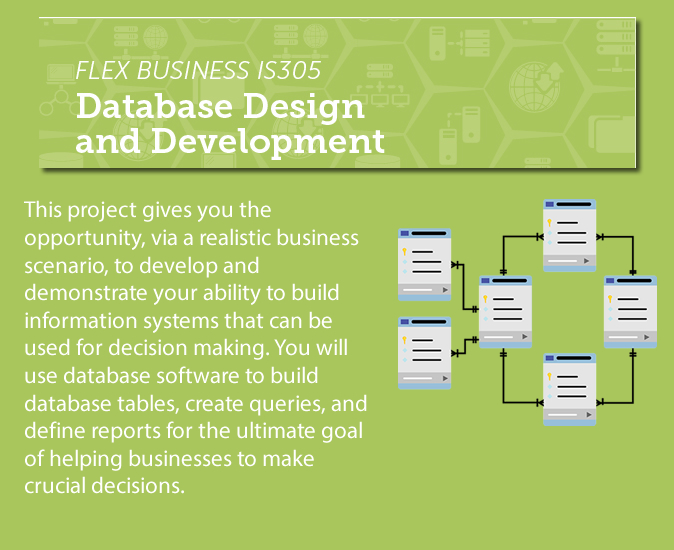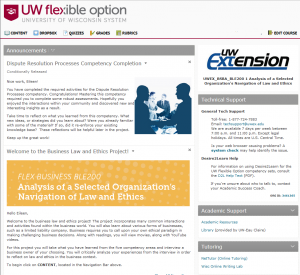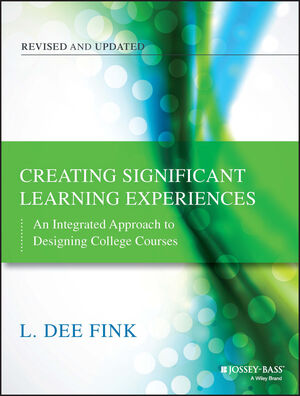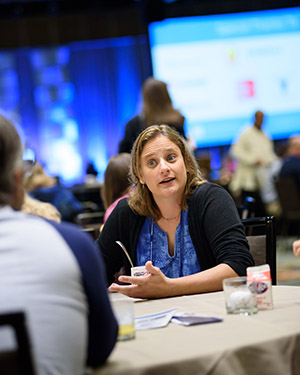We are now deep into Fall as leaves and temperatures continue to drop. The excitement of back-to-school season has now given way to mid-terms and the routines of mid-semester academic work for students and faculty. But what if you’re working in a self-paced, competency-based education (CBE) program? There’s nothing routine about CBE, whether you’re a student or faculty member. Competency-based education is a big change for everyone, from administrators to students. As we approach the one-year mark since launching the Flexible Option business administration degree, I wanted to check in with the academic director and faculty developer, Suresh Chalasani, to talk about the Flex faculty perspective. I asked Suresh to reflect on his experience, focusing on a few questions about how he approached the CBE change as a faculty member.
What was your approach to designing projects for the business administration degree?
In a traditional course, I used to select a textbook, and assessments were designed to align with the textbook materials. In the Flex model, assessment design is completely centered around competencies. Assessments are designed to measure students’ performance on competencies. As faculty we were all striving to create assessments that are authentic in the sense that they measure students’ performance in a practical scenario—a scenario they are more likely to encounter in a work setting.




